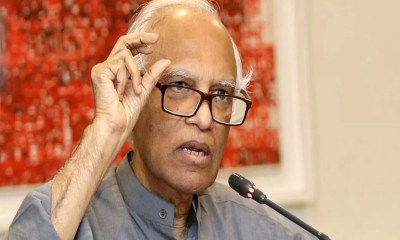What is it that makes the Mohammed Rafi magic endure amongst listeners cutting across barriers of age, caste, creed, colour, gender and national boundaries even after forty-two years? Ascribing any one reason would be a folly as his versatility and singing prowess defies analytical parameters. After all, how can one decipher the attraction of his golden voice that has not lost its “appeal” amongst classes, masses and mesmerised even those born long after his demise?
Indeed, it is a difficult task but introspecting deeply, it becomes apparent that Rafi’s genius portrayed all shades of human expressions and if the immortal voice lingers deep within our souls, it is because it not just sings but acts, laughs, cries, romances, teases, enchants, ridicules, empathises, inspires, exhorts, taunts and woos with passionate and delightful sincerity.
Keats said “touch has a memory” and though Rafi has remained invisible, his unalloyed voice has managed to touch almost every aspect of our lives and that is why it remains embedded in our innermost recesses.
None can disagree with Manna Dey’s assessment that “Rafi was the most versatile and accomplished singer ever, the greatest playback singer amongst all, male or female, and we could not do what Rafi could deliver with his throat.” Such an honest tribute from another maestro is proof that Rafi’s vocal gyrations were far above extraordinary and if his mellifluous voice still reverberates 24×7, it is because his inflection, expression and throw are nonpareil in enumerating nuances and feelings of the human heart.
Connoisseurs agree that no singer compels attention as strongly as Rafi because of his rare ability to imprint the emotion and feel of lyrics on the listener’s imagination. Others render a song, but with Rafi, the elicitation and expression are so exquisite and appropriate that the song becomes an articulation of the listener’s innermost yearnings. Apart from showcasing the exact sentiments of a poem, Rafi has a hypnotic quality of stamping the image of the actor on our mental screen, the manner in which he twists or oscillates words or punctuates his vocal throw provides listeners with an insight not just into the gist of the character or scene but also the actor’s persona. It may seem easy and simple when we enjoy the melody but is actually an incredible skill of immaculate stresses and pauses within the limitations of the musical metre.
A few examples would suffice to elucidate the profound ability of the legendary singer and his prodigious talent, range and mastery over the vocal cords to match the actors on screen. Take the songs Tu Kahan Ye Bataa Is Nasheeli Raat Mein, Din Dhal Jaaye Hai and Kabhi Khud Pe that are as different as chalk and cheese from one another. Yet it is apparent that Dev Anand’s persona is chiseled in every word of the songs and with a gentle addition of a nasal twang, Rafi delivers the song that is perfect to fit the Dev persona.
Singing for Dilip Kumar, Rafi would usually add a bit of breath to his utterances so as to bring in the languid poise of the thespian; listen to Nain Ladjayi Hai, Koi Sagar Dil Ko Behlata Nahin or Sukh Ke Sab Saathi to decipher how his rendition resonates the legendary actor’s personality.
For Rajendra Kumar, with whom he had the strongest resemblance in terms of timbre, Rafi added a heavier gravel tone thus making Yaad Na Jaaye, Humne Jafaa Na Seekhi, Ye Mera Prem Patr Padh Kar or Ae Phoolon Ki Rani spring up in memory as Jubilee Star’s own utterances!
Shammi Kapoor’s “rebel persona” and his phenomenal success, as per the star himself, was built upon the distinct vocal thrusts, mannerisms and zing provided by Rafi. The world cinema has not seen a parallel of such a “perfect bonding”, so much so that even a layman can identify a Shammi song with uncanny precision from just the vocal gyrations employed by Rafi. No surprise that the Shammi-Rafi mania continues unabated on radio, YouTube and car-stereos, making you realise why Dilip Kumar hailed “Rafi Sahab an actor par-excellence on microphone!”
Though Rafi’s greatness is apparent in every creation, yet it is when you listen to his playback for the comical duo of Johnny Walker and Mehmood that you realise how awe-inspiring was his dexterity in making them stand apart but easily discernible through his different tonal inflections. For Johnny, the quaint, chewy utterances come through clenched teeth while for Mehmood, Rafi sways louder, frothier and sometimes, in a see-saw manner! See how Johnny comes alive through Sar Jo Tera Chakraaye, Yeh Hai Bombay Meri Jaan or Main Main Cartoon while Mehmood is given life through Hum Kaale Hain To Kya Hua, Badkamma Badkamma Ekad Patoda or Aju Hun Na Aaye Balma.
Lekh Tandon once confided that “Rafi Sahab could change his tone, texture and nuances according to character, situation, scene and requirements of the director.”
Frankly, the sheer magnitude and range of Rafi’s delivery is so astounding and spellbinding that it is difficult to believe at times that the singing has been rendered by a human throat!
The constant applause is an ample testimony as to why Rafi Sahab is called God’s Own Voice and why he was and still remains the all-in-one voice to go for every listener.




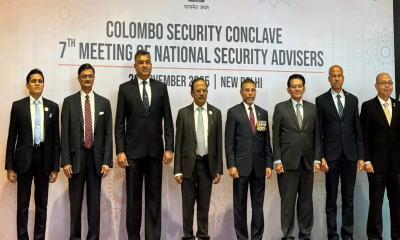
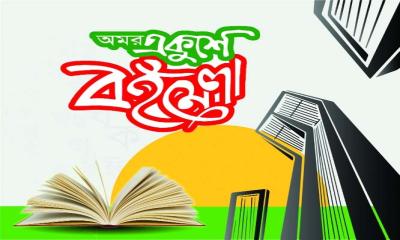
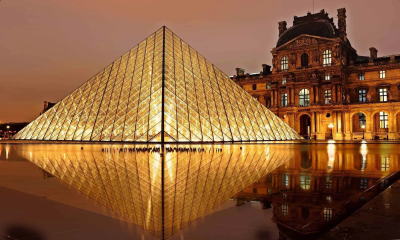

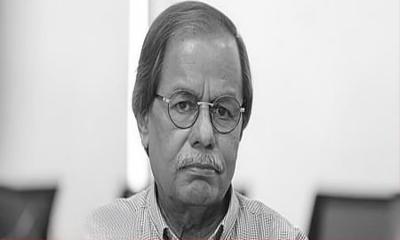

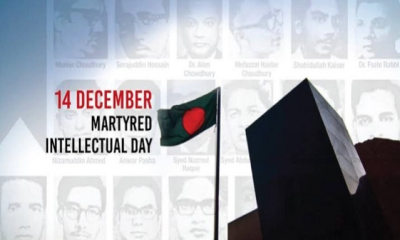
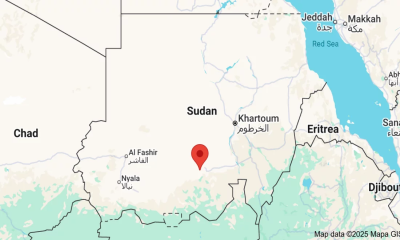
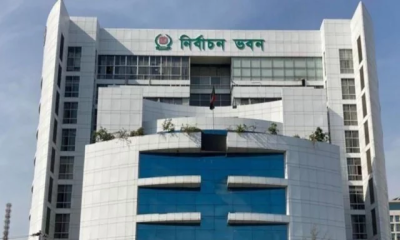

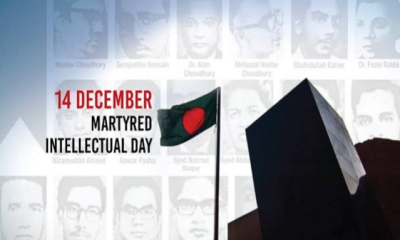
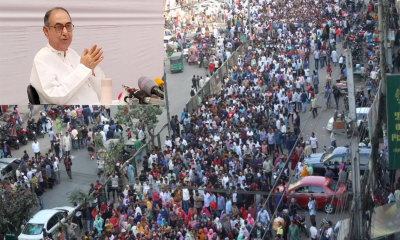
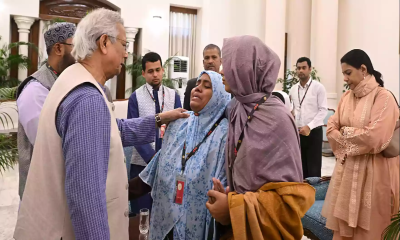
-20251213120612.webp)
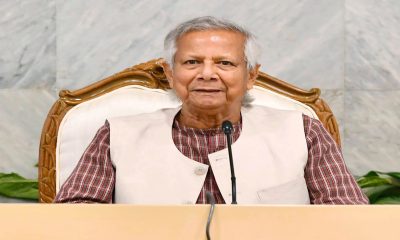
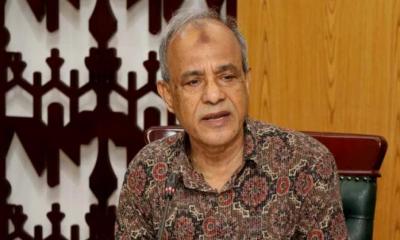
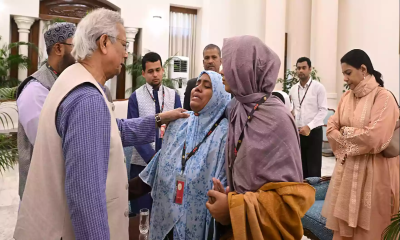


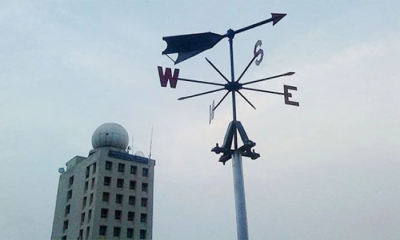
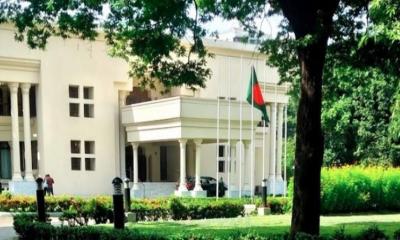
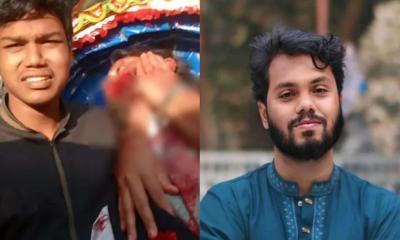

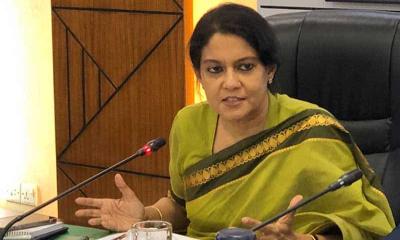

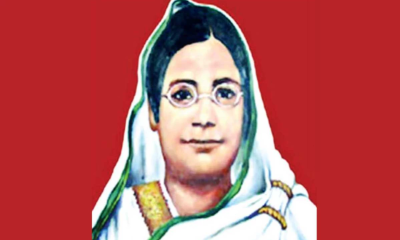


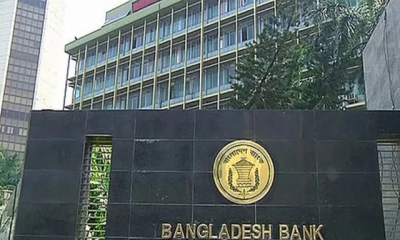
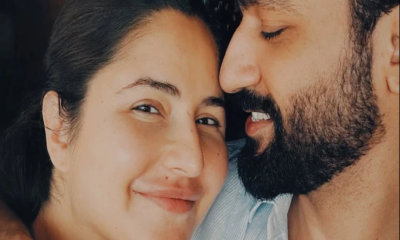
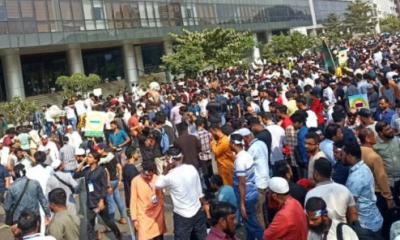
-20251207131533.jpg)

